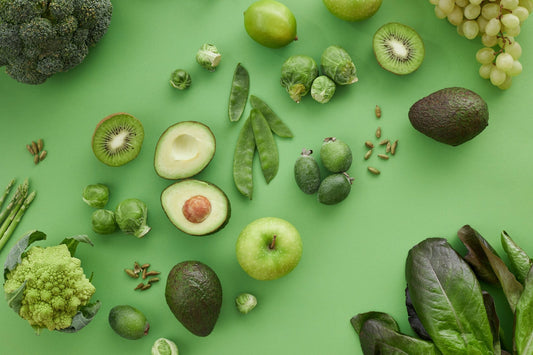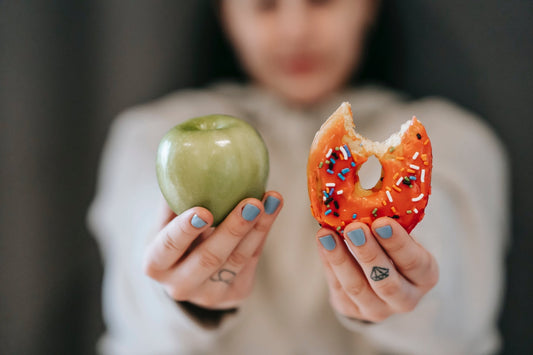When you think of a low carb diet, you probably are thinking high-protein (think Atkins, South Beach, Keto, etc.) If you have ever followed a high protein diet, you know that you lose a lot of weight in the beginning.
The whole debate around carbs is pretty complex (pun intended). Cutting out carbs can affect your mood, your brain and your digestive system. We aren’t saying you shouldn’t do it, but it helps to know up front what is going to happen.
It’s water weight you are losing, not fat: It’s so exciting to drop those initial pounds but here is the science behind it. Carbohydrates are stored in the body as glycogen, which has 3-4 times as much water per gram of carbs. So, when you stop eating carbs, you start to deplete your stores of glycogen. Thus the magical weight loss. Once you use up the glycogen, you will start to burn the fat but it takes a while to get there.
You might feel weaker. Carbs feed the brain and are a main source of energy. When the glycogen is gone, then the body will eventually start to break down the fats and use that instead. Before that happens, you might feel tired, depressed or weak.
You might feel nervous. Without carbs, people tend to be much less happy and tolerant. This happens because carbohydrates are essential in the process of producing serotonin in the brain, the substance that makes us feel good.
You might get constipated. Without going into a lot of grim details – dietary fiber found in complex carbohydrates helps us “eliminate.” So you could have a reaction if you cut out those carbs.
What are the benefits of cutting carbs?
You will eat less. Carbs (especially simple carbs) cause our blood sugar levels to rise and plummet, so you keep eating them. The more we eat, the more we crave. It’s a vicious cycle. If you limit yourself to complex carbs you will have less of a sugar rise and fall and you won’t activate the addiction center in the brain.
You can combat diabetes and heart disease. Simple carbs have been proven to be the enemy of your heart and other vital organs. Cutting out all carbs can initially help with depleting the fatty stuff, but it isn’t healthy for the long term.
It is recommend that you keep some carbs in your diet: As a general rule, carbohydrates in their natural, fiber-rich form are healthy, while those stripped of their fiber are not. If it’s a whole, single-ingredient food, then it’s probably a healthy food for most people, no matter what the carbohydrate content is.
The following foods are a better source of carbs:
• Vegetables. All of them. It’s best to eat a variety of vegetables every day.
• Whole fruits. Apples, bananas, strawberries, etc.
• Legumes. Lentils, kidney beans, peas, etc.
• Nuts. Almonds, walnuts, hazelnuts, macadamia nuts, peanuts, etc.
• Seeds. Chia seeds and pumpkin seeds.
• Whole grains. Choose grains that are truly whole, as in pure oats, quinoa, brown rice, etc.
• Tubers. Potatoes, sweet potatoes, etc.
The bottom line? Instead of eliminating carbs completely or thinking of carbs as either “good” or “bad,” focus on increasing whole and complex options over those that are heavily processed. It is better to focus on what you are gaining instead of what it feels like you may be giving up. Don’t forget, the problem with any diet that tells you to eat as much as you want of is only teaching you bad eating habits. You will ultimately lose weight by eating better and eating less.




